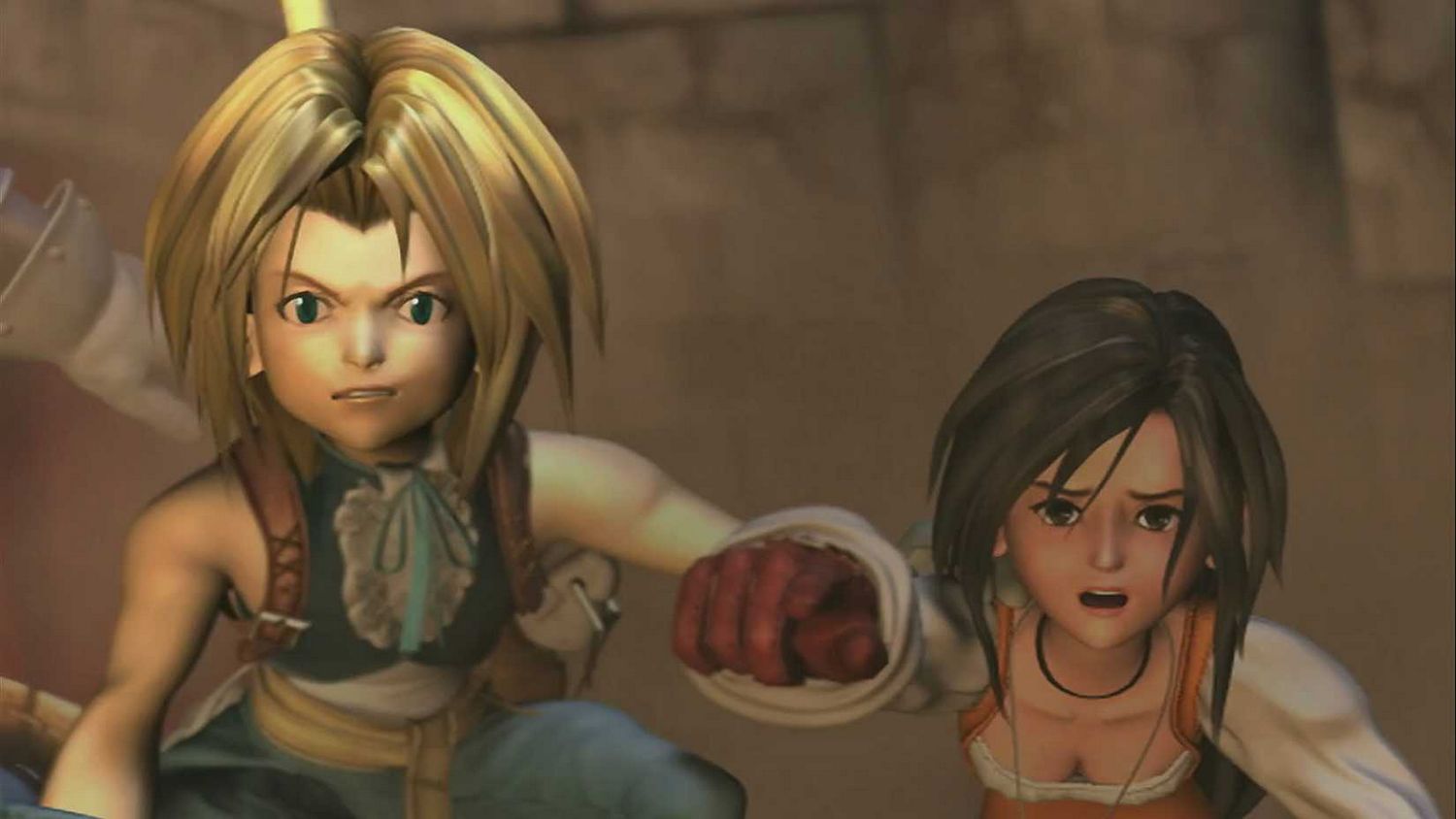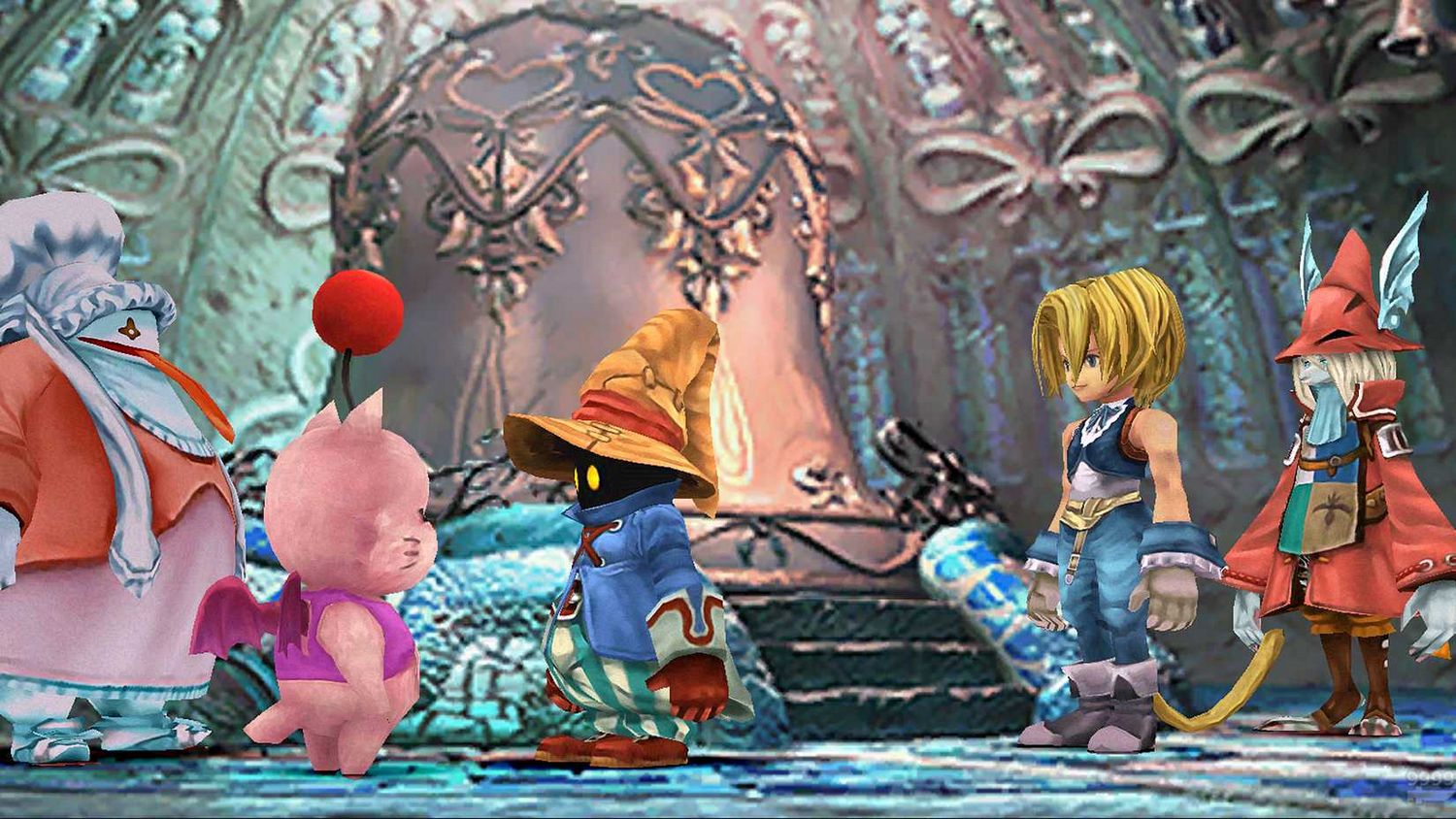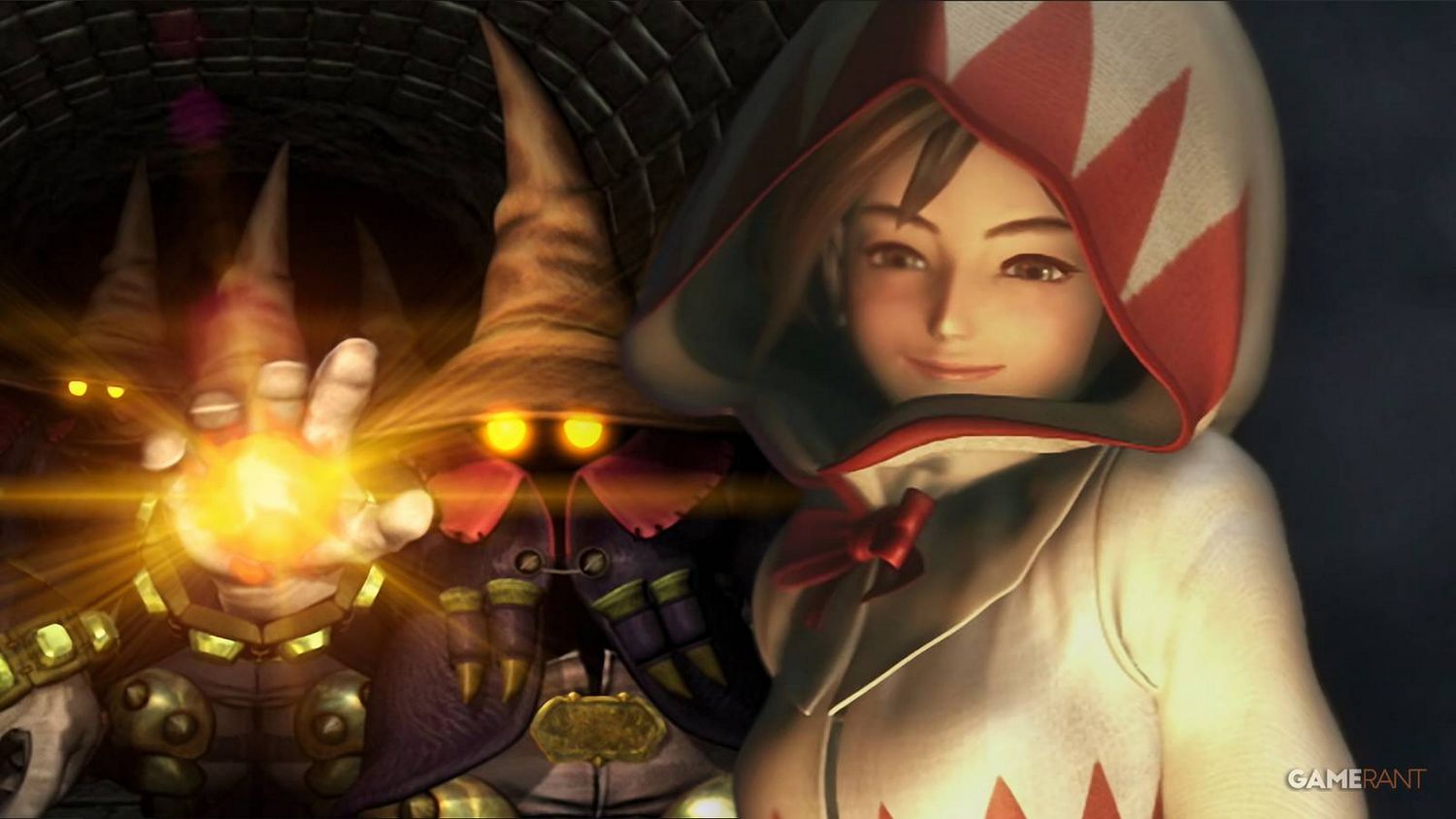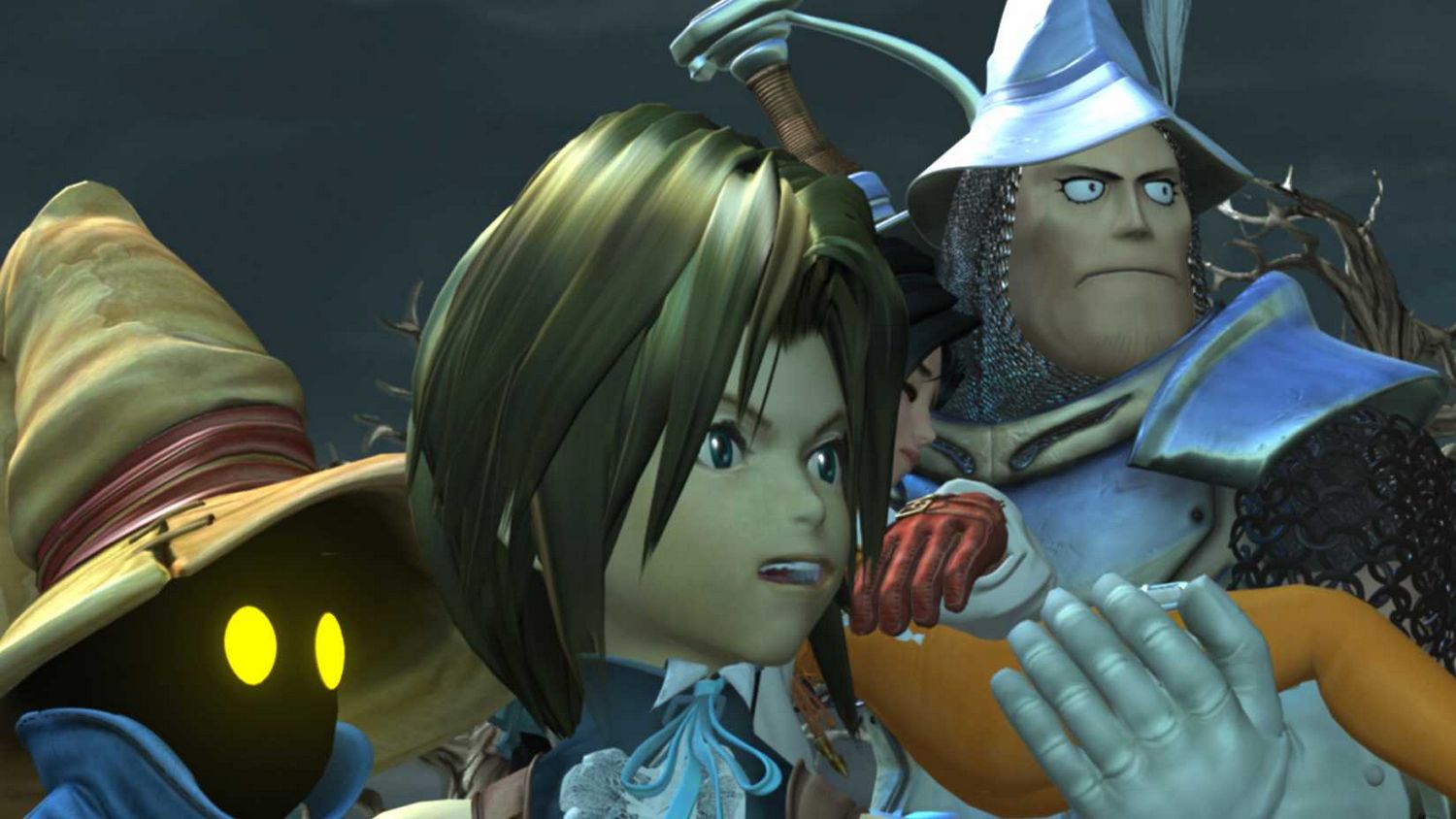Final Fantasy 9 Remake: The Voice Acting Gamble that Could Make or Break a Masterpiece
Popular Now
 CarX Street
CarX Street
 Minecraft
Minecraft
 God of War Ragnarök
God of War Ragnarök
 Stumble Guys
Stumble Guys
 Fall Guys
Fall Guys
 Auto X Drift Racing 3
Auto X Drift Racing 3
 Grand Theft Auto V
Grand Theft Auto V
 Poppy Playtime
Poppy Playtime
 NBA 2K24
NBA 2K24
 Black Myth: Wukong
Black Myth: Wukong
 For years, the prospect of a Final Fantasy 9 remake has been the subject of intense speculation and fan desires. While Square Enix has yet to officially confirm the project, rumors and leaks, including its prominent listing in the Nvidia GeForce Now database, have kept the dream alive. The thought of revisiting the magical world of Gaia, with its charming cast and timeless story, rendered in a modern engine, is an exhilarating one. However, as with any classic, a full-scale remake presents a critical dilemma: how to modernize the experience without sacrificing the essence of the original. The most significant and potentially polarizing decision facing the development team is the inclusion of full voice acting, a high-stakes gamble that could either be a brilliant triumph or a nostalgic misfire.
For years, the prospect of a Final Fantasy 9 remake has been the subject of intense speculation and fan desires. While Square Enix has yet to officially confirm the project, rumors and leaks, including its prominent listing in the Nvidia GeForce Now database, have kept the dream alive. The thought of revisiting the magical world of Gaia, with its charming cast and timeless story, rendered in a modern engine, is an exhilarating one. However, as with any classic, a full-scale remake presents a critical dilemma: how to modernize the experience without sacrificing the essence of the original. The most significant and potentially polarizing decision facing the development team is the inclusion of full voice acting, a high-stakes gamble that could either be a brilliant triumph or a nostalgic misfire.
 The argument for voice acting is compelling. It has become a standard feature in modern AAA JRPGs, and for good reason. The success of the Final Fantasy 7 Remake trilogy has shown how a talented voice cast can add new layers of emotional depth and character nuance. For a game as rich in personality as Final Fantasy 9, hearing the genuine concern in Garnet’s voice, the childlike wonder of Vivi, or the comical stubbornness of Steiner could be a game-changing addition. It would allow for a deeper, more immersive narrative, where a character’s tone and delivery can convey more than text alone. The game’s emotional beats, such as the plight of the Black Mages or Zidane’s journey of self-discovery, would be amplified, creating a more powerful and memorable experience for a new generation of players.
The argument for voice acting is compelling. It has become a standard feature in modern AAA JRPGs, and for good reason. The success of the Final Fantasy 7 Remake trilogy has shown how a talented voice cast can add new layers of emotional depth and character nuance. For a game as rich in personality as Final Fantasy 9, hearing the genuine concern in Garnet’s voice, the childlike wonder of Vivi, or the comical stubbornness of Steiner could be a game-changing addition. It would allow for a deeper, more immersive narrative, where a character’s tone and delivery can convey more than text alone. The game’s emotional beats, such as the plight of the Black Mages or Zidane’s journey of self-discovery, would be amplified, creating a more powerful and memorable experience for a new generation of players.
 The Perilous Balance of Nostalgia and Innovation
The Perilous Balance of Nostalgia and Innovation
Despite the potential benefits, the risks are immense. The original Final Fantasy 9, like many JRPGs of its era, relied on text boxes and the player’s imagination. This lack of voice acting was not a limitation; it was a feature. It allowed each player to create their own unique “head canon” for the characters’ voices, a deeply personal and cherished part of the game’s experience. Introducing a definitive voice for a beloved character, particularly one as iconic and reserved as Vivi, could be jarring for long-time fans. If the voice doesn’t align with their decades-long perception, it risks breaking the illusion and a lifetime of built-up nostalgia. The same goes for the quirky, theatrical, and heartfelt delivery of the entire cast. The very charm of the game lies in its fairy-tale-like presentation, and the wrong voice cast could inadvertently make the heartfelt moments feel over-the-top or the comedic scenes fall flat.
The tonal balance is another critical concern. Final Fantasy 9 is a unique blend of whimsy, humor, and profound tragedy. The voice acting would need to capture this delicate balance, avoiding the generic, “anime-trope” delivery that can sometimes plague JRPGs. The right cast would need to be able to seamlessly transition from lighthearted banter to moments of existential dread. The challenge is not just in finding talented actors, but in finding a voice director who truly understands the original game’s vision and can guide the performances to match its distinct, fairytale aesthetic.
 A Path Forward: Respecting the Player’s Choice
A Path Forward: Respecting the Player’s Choice
Given these opposing viewpoints, a viable solution would be to offer players a choice. A potential remake could include an option to toggle between the full voice-acted experience and a “classic mode” that reverts to the text-only dialogue. This compromise would be a sign of respect for both new and old players. It would cater to a modern audience that expects high-end production values while also providing a a safety net for veterans who want to relive the game exactly as they remember it. This approach has been used successfully in other remasters and is a low-risk, high-reward strategy that could satisfy everyone.
In the end, the inclusion of voice acting in a hypothetical Final Fantasy 9 remake is a true test for Square Enix. It’s an opportunity to reintroduce a timeless classic to a new generation with all the modern trimmings, but it requires a delicate touch to avoid alienating the passionate fanbase that has kept the game’s legacy alive for over two decades. If executed with care, a great voice cast could turn a good remake into a legendary one, but a misstep could prove a costly lesson in the power of fan expectations and the enduring magic of imagination.









